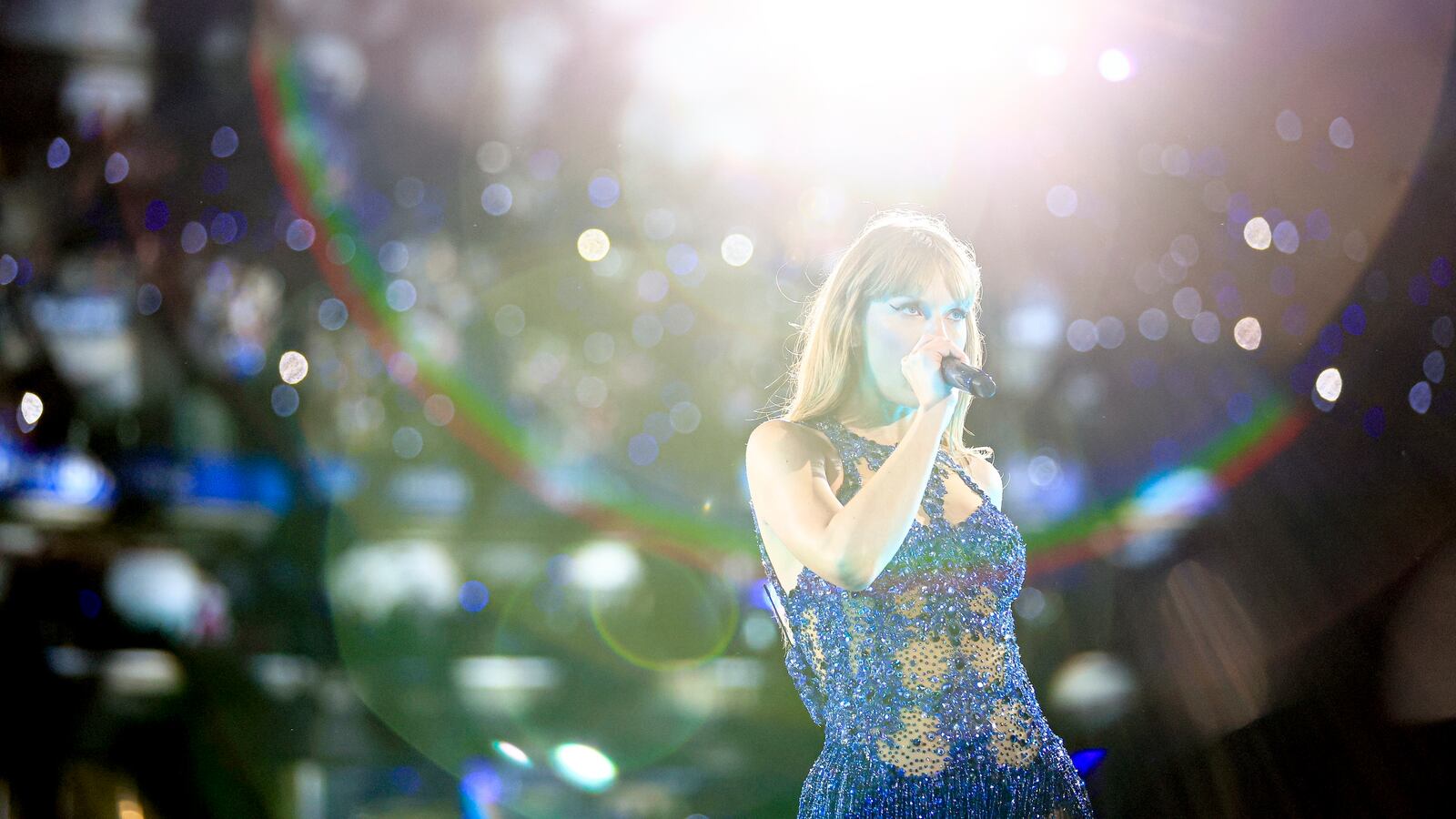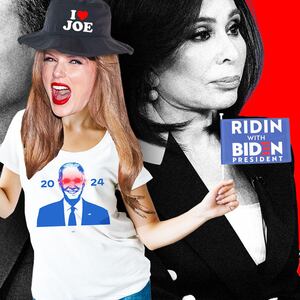Early on Wednesday, Universal Music Group aimed a threatening shot across the bow at TikTok, saying that it would pull its artists’ music from the platform by the end of the day unless a new licensing agreement is reached: TikTok, Universal said, “attempted to bully us into accepting a deal worth less than the previous deal, far less than fair market value and not reflective of their exponential growth.”
Principally, Universal said, the two companies are divided over “appropriate compensation for our artists and songwriters, protecting human artists from the harmful effects of AI, and online safety for TikTok’s users.”
Appropriate compensation for artists is one of the main cause célèbres championed by Taylor Swift, perhaps Universal’s marquee artist at present, whose many self-penned songs serve as the backdrop for countless TikTok videos; but the catalogs of Ariana Grande, Ice Spice, Drake and Nicki Minaj are also at risk of disappearing.
If this happens, when TikTok users search for artists repped by Universal on the platform’s sound-adding function they’ll come up empty; it’s possible that existing videos that use the relevant music could also be removed en masse.
Coincidentally—or perhaps not so coincidentally—Swift was quoted in a rare new interview on Wednesday discussing the importance of innovative strategy in Billboard’s annual music business Power 100 list.
“The piece of advice I would give to the other executives on this list is that the best ideas are usually ones without industry precedent,” Swift said. “We have to take strategic risks every day in this industry, but every once in a while, you have to really trust your gut and take a flying leap. My rerecordings are my favorite example of this, and I’m extremely grateful to my team and fans for taking that leap with me because it absolutely changed my life.”
Universal—which, in 2021, announced it had entered into an “expanded global alliance” cementing the licensing agreement with TikTok that’s now in dispute—may have taken a page directly out of Swift’s book by airing their grievances in an open letter.
In 2015, Swift penned an open letter to Apple Music gently explaining why she would be withholding her album 1989 from their streaming platform.
“I’m sure you are aware that Apple Music will be offering a free 3 month trial to anyone who signs up for the service,” she wrote at the time. “I’m not sure you know that Apple Music will not be paying writers, producers, or artists for those three months. I find it to be shocking, disappointing, and completely unlike this historically progressive and generous company.”
One day later, Apple announced that it was reversing its decision not to pay artists during the free trial period.
“It is sad and disappointing that Universal Music Group has put their own greed above the interests of their artists and songwriters,” TikTok said in a response statement to Universal. “Despite Universal’s false narrative and rhetoric, the fact is they have chosen to walk away from the powerful support of a platform with well over a billion users that serves as a free promotional and discovery vehicle for their talent.”







